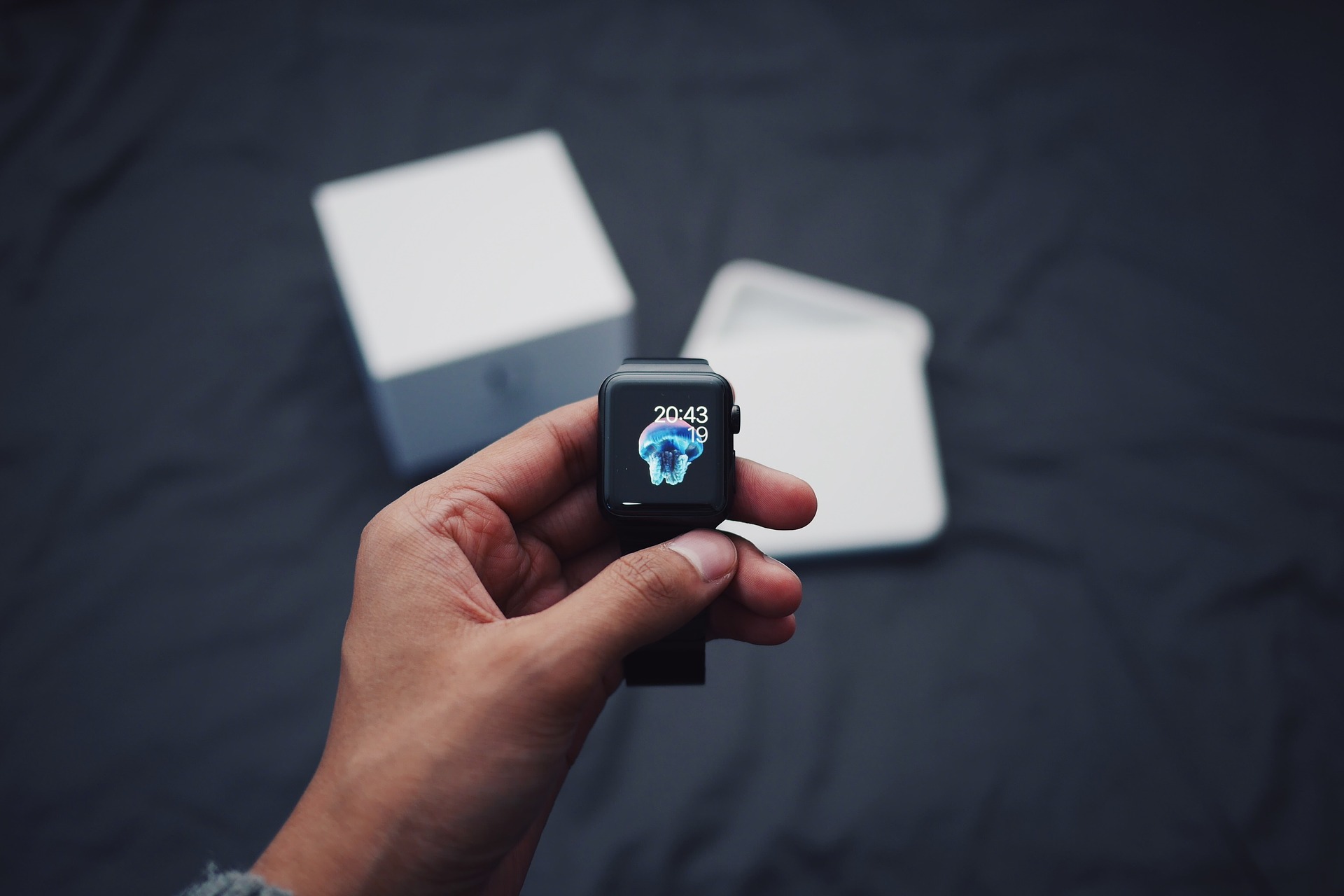
How an Almost-Free Apple Watch Could Cost More Than You Thought
John Hancock is constantly mining your Apple Watch data for information about your health.
Kristen V. Brown, Gizmodo
Recently, John Hancock, one of the largest life insurance providers in the United States, announced an expansion to a program that allows policyholders to purchase an Apple Watch Series 3 (GPS) for just $25.
Getting an Apple Watch Series 3 Almost Free
As part of its Vitality program, designed to offer perks to customers who live healthy lifestyles, the insured folks would pay just $25 initially for the wearable device. Basically, policyholders can get an almost free Apple Watch.
Throughout the next two years, the device monitors the wearer, allowing him or her to record activities and earn points that reduce or eliminate monthly payments for the Apple Watch. The problem, as Gizmodo points out, is there’s really no telling what John Hancock might do with that data.
Sure, It Could Lower Your Premiums, but Is That All?
John Hancock has made a promise that it won’t use data from the Vitality program to underwrite insurance policies. In other words, the company says your performance (or lack thereof) in the program won’t affect your premium. But that could easily be just an empty promise.
Pam Dixon, executive director of the World Privacy Forum, isn’t convinced that John Hancock won’t use Apple Watch data to help it determine insurance premiums. After all, we’ve already seen surprising ways that wearable device data can be used.
In 2015, data from a Fitbit was used to undermine a woman’s rape claim. The year before that, another Fitbit device data store was integral in proving a client’s personal injury case. Those are just two examples, and Dixon is wary of anybody giving up their fitness data so willingly.
A Free Apple Watch Could Cost You
Yes, you could get an Apple Watch Series 3 for a dramatically lower price than you might expect. However, what would that device cost you in the long run? I’ve only touched on the possibility of John Hancock deciding to reneg on its promise not to use the device data for underwriting purposes.
What about the confidentiality of that data? John Hancock is a very large company, with several subsidiaries. The company admits that it shares personal health data with third parties who work with them, such as NutriSavings. That program encourages healthy eating, and John Hancock policyholders can qualify for a HealthyFood benefit.
Other “arms” of John Hancock include an investment firm and retirement plan services. Even more important, Canadian firm Manulife Financial purchased John Hancock in 2004. The privacy disclosures, as well as United States law, make no prohibitions against John Hancock sharing data within its own organization. Technically, the law doesn’t really protect information mined from your so-called free Apple Watch.
So, the burning question turns into this. When John Hancock gets your fitness data, who else might benefit from it, and who might be harmed? Those are questions that, as of right now, have no answers. I considered signing up for the insurance program to get a Series 3 Apple Watch, but I think I’d prefer just to buy the device outright.